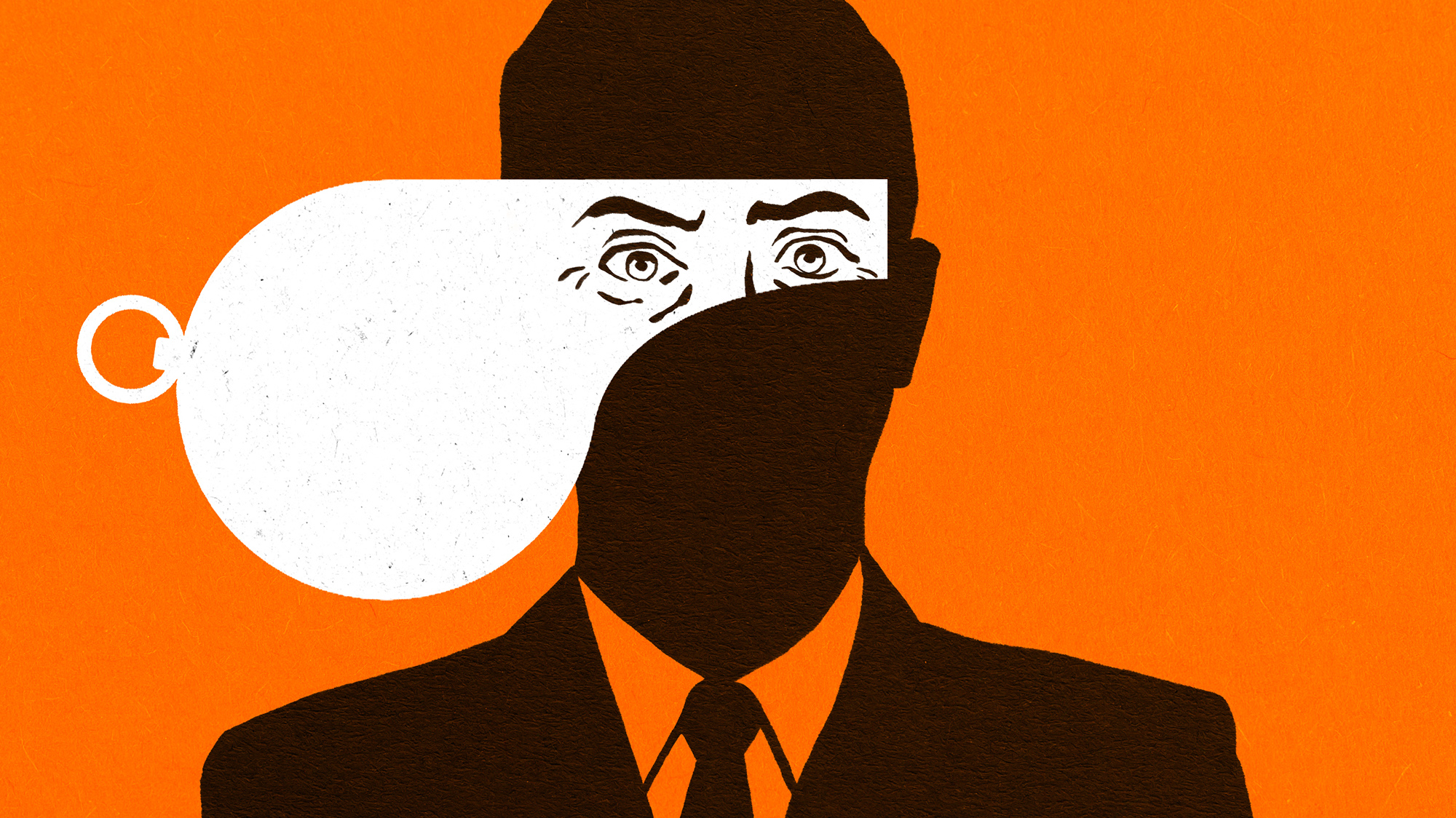A crucial part of understanding government and law is to have a knowledgeable understanding of what government whistleblowers are and their effect on society. A whistleblower is defined as a person who exposes information or activity within a private, public, or government organization that is deemed illegal, illicit, unsafe, or waste, fraud, or abuse of taxpayer funds. Although this type of verbal power can seem harmful to the government and society, it also assists in keeping the government honest, efficient, and accountable.
Whistleblowers are known to help in ensuring the health and safety of other citizens. In 2013, Jim Schier, a veteran, and USDA meat inspector reported clear humane handling violations involving market hogs at a Tysons Foods slaughter facility. This is a strong example of the positive impact whistleblowing can make on society. This type of whistleblowing is supported by the government in order to protect others from any harmful or unlawful activity. There is also a side of whistleblowing that is not protected by the Whistleblower Protection Act of 1989. In 2006, Mark Klein, a retired communications technician for AT&T, revealed extensive confidential details of the secret 2003 construction monitoring facility in San Francisco. This was thought to be operated by the NSA as part of its warrantless surveillance program. The issue that mainly arises with whistleblowing is when the individual exposes information that could be untruthful or confidential that can be damaging to the companies reputation. The consequences for these actions are extensive but mainly result in being fired from the person's job or being demoted. Others may face lawsuits or even have to seek psychiatric or physical care based on the extremity of the action. How a person uses their first amendment rights of free speech is a choice between abusing the power or using it to help society. The same goes for whistleblowing, we make a choice to use it as a constructive asset to society or damaging.



No comments:
Post a Comment